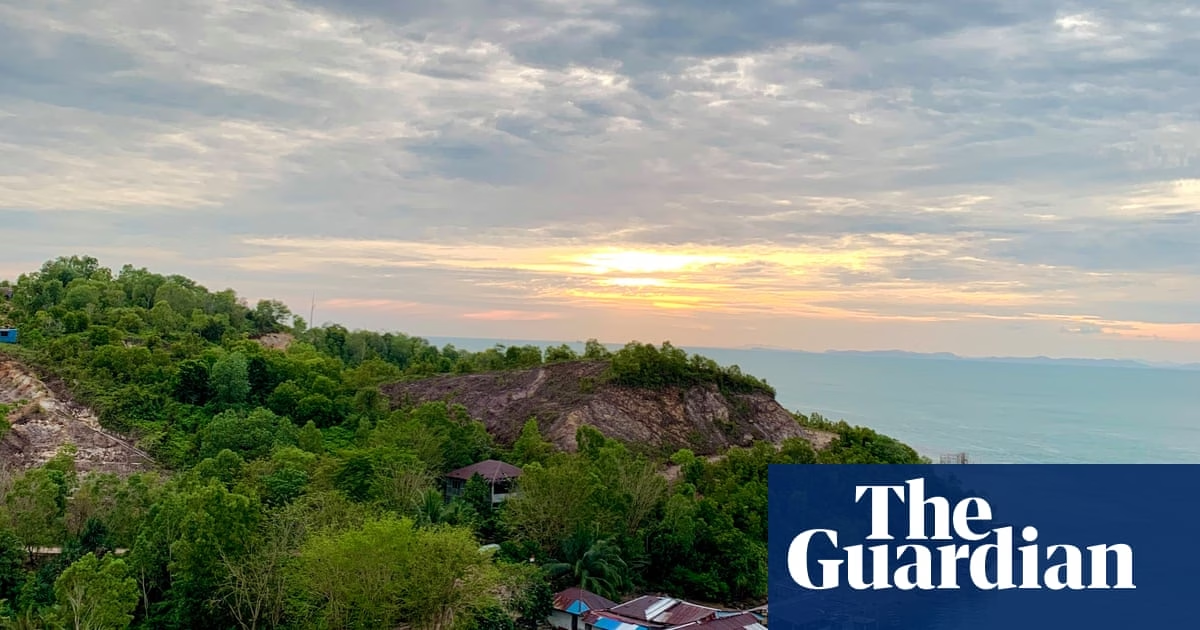The Indonesian authorities are engaged in consultations across multiple government departments to address the logistical, legal, and international policy dimensions of a proposal to offer medical aid to 2,000 individuals from conflict-ridden Gaza. This comes in the wake of Indonesia’s recent announcement to provide temporary medical support to Palestinians from Gaza, with the possibility of using the island of Galang—previously a site for housing Vietnamese refugees—as a potential location for this initiative.
While Indonesia, a predominantly Muslim nation without official diplomatic ties with Israel and a long-standing advocate for Palestinian statehood, remains cautious about the details, various government ministries including the coordinating security ministry, health, and foreign affairs are actively discussing the practicalities of such a plan.
Dave Lakono, who serves as the deputy chair of the Indonesian parliament’s commission I—which oversees defense and foreign affairs—confirmed that the discussions center around logistical feasibility, medical preparedness, and the legal parameters. He also highlighted the strategic implications for Indonesia’s foreign policy and regional stability.
The plans are currently in the exploratory phase, with Galang island mentioned for its historical role in humanitarian efforts and existing infrastructure. In addition to the island, the Indonesian government is considering other sites in West Java and Central Java near significant hospitals and logistical centers.
Various options, such as the utilization of large military hospitals in Jakarta and a potential site in Jordan—where Indonesia’s President Prabowo Subianto has strong connections—have reportedly been raised during the ministerial talks. The political sensitivity of the proposal is recognized, with concerns about the implications on the Palestinians’ right to return and potential backlash from national Islamic leaders questioning the absence of sufficient guarantees.
Abdül Kadir Jailani, director general for Asian, Pacific, and African affairs at Indonesia’s foreign affairs ministry, emphasized the necessity for the plan to align with international humanitarian law and to obtain approval and support from relevant Palestinian authorities and regional countries.
Indonesia recently conducted its second humanitarian airdrop to Gaza, facilitated by Jordan. This underlines the country’s commitment to providing humanitary aid, though it also suggests a complex political landscape, with reports indicating that Israel’s intelligence agency, Mossad, has been engaging in efforts to persuade nations—including Indonesia—to consider resettlement plans for Palestinians from Gaza.
Permanent relocation of Palestinians in Indonesia would be highly contentious; however, for now, criticism of the plan within the Southeast Asian nation has been relatively subdued, partly due to the current dominance of other pressing issues in the media and public discourse.
Parliament member Laksono reaffirmed that any temporary acceptance of Palestinians would prioritize care and support, not permanent resettlement, with plans for their safe return to Gaza once conditions permit. He stressed that the Indonesian government is fully cognizant of the geopolitical sensitivities surrounding the proposal.
Source: https://www.theguardian.com/world/2025/aug/22/indonesia-plans-details-treat-2000-injured-palestinians-galang-island







